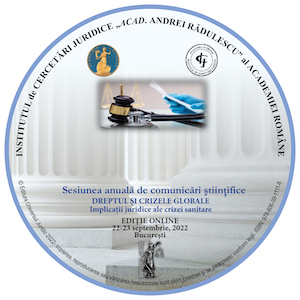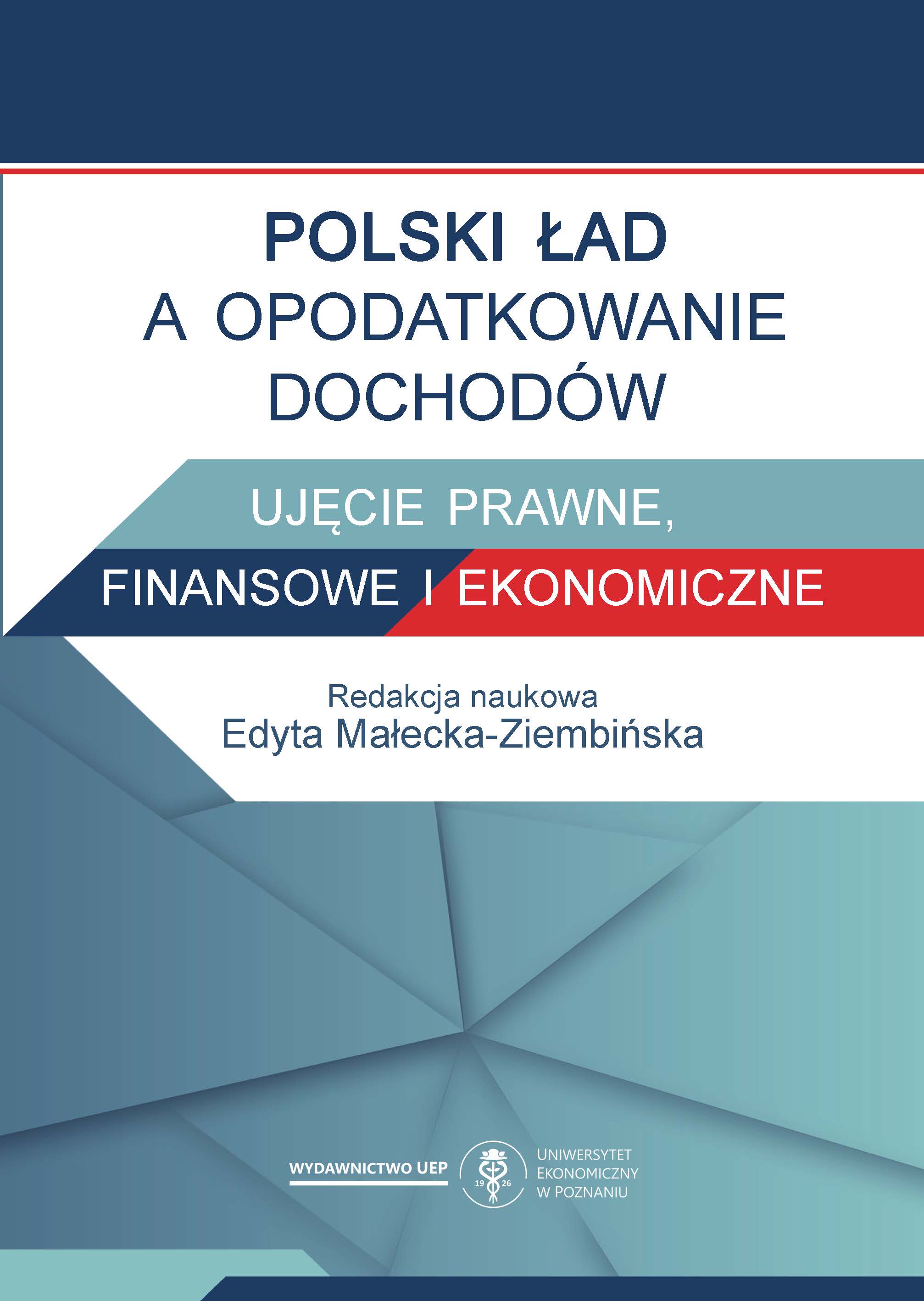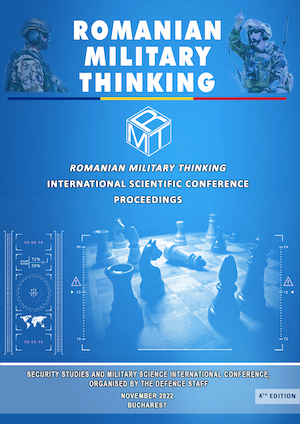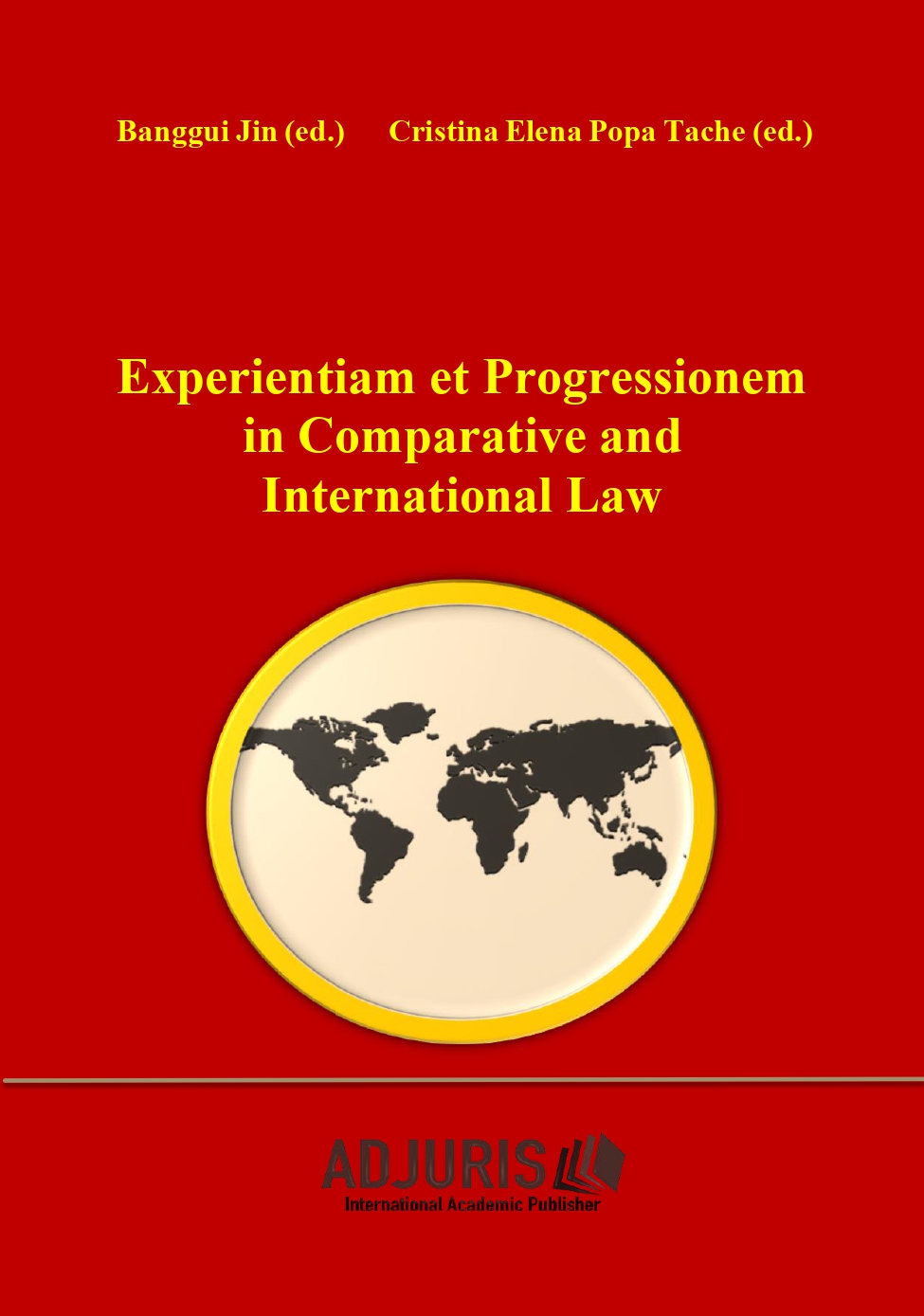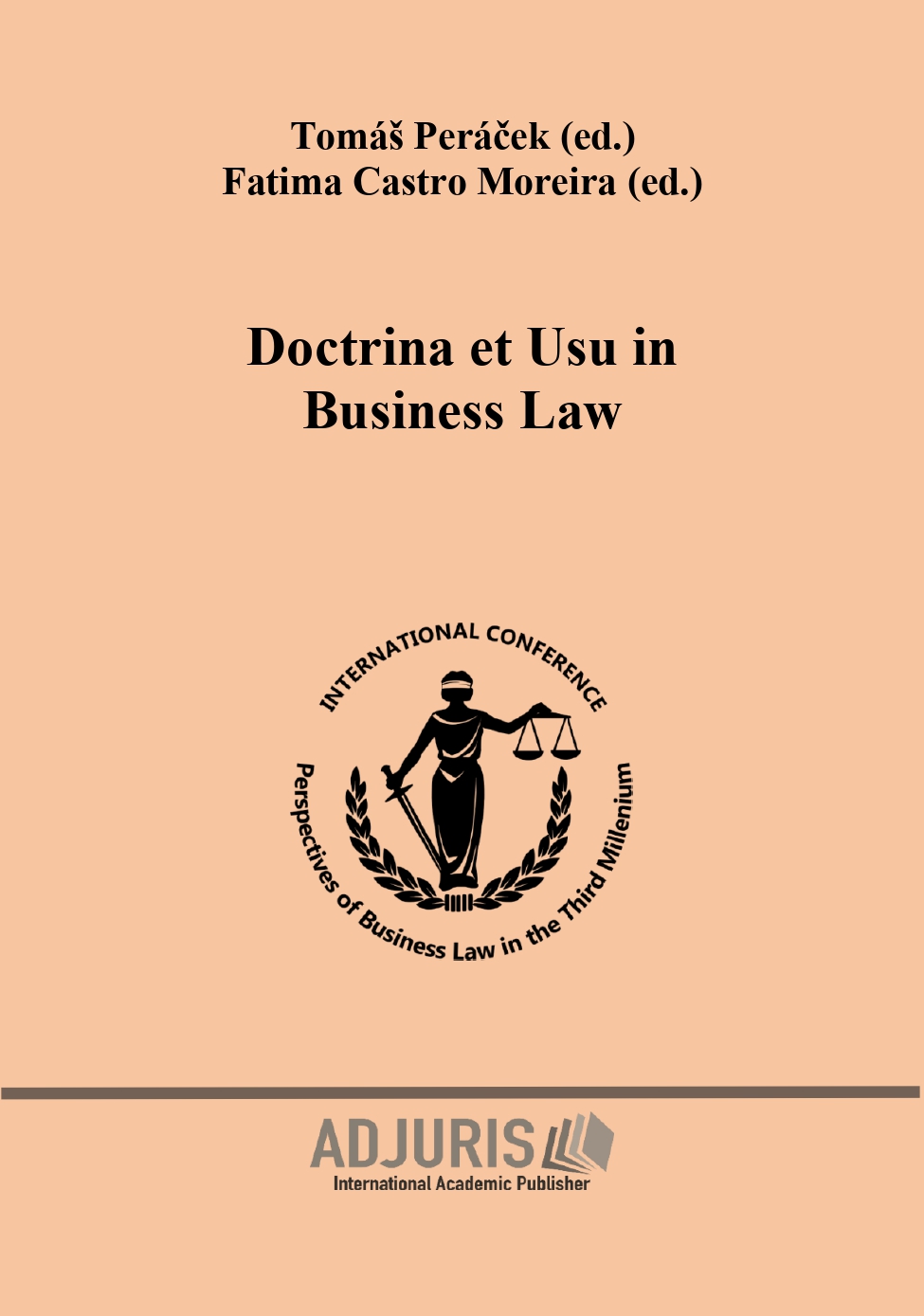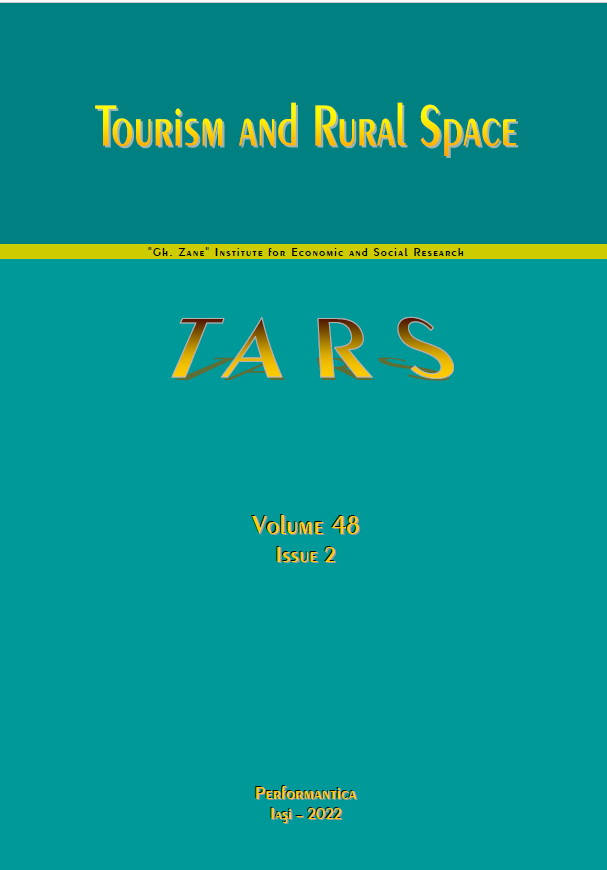
The Effects of the COVID-19 Pandemic on the Romanian Tourist Sector
Tourism is considered one of the most important economic sectors, due to its multiple roles, namely: economic, social, cultural, educational and political role. The tourism also is considered to be one of the most important sectors for supporting and developing a country’s economic through the fact that people have traveled for a long period of time and still continue to do it also nowadays more often. The COVID-19 pandemic has caused several global damages and has spread rapidly, affecting all the sectors, and especially the tourism one. The development of this sector is closely linked to the ability of people to travel, which is why the restrictions imposed by the authorities for stopping the virus to spread, have reduced seriously the evolution of the tourism. The purpose of this paper is to reflect the effects of the pandemic on the Romanian tourism, and, at the same time, to highlight the relevance and the sensibility of this sector crisis events. This article analyzes the situation of the tourism in Romania, both in the pre-pandemic period and during it, following the number of international arrivals and the tourism receipts, but also the evolution of the establishments of tourist reception with accommodation functions. The data provided by the World Tourism Organization (UNTWO), World Health Organization (WHO), the World Bank and the National Institute of Statistics (INS) were used in order to observe the impact of the pandemic on the Romanian tourism, and the research was based on the analysis and interpretation of the obtained data. As a conclusion, in the end, the effects of the pandemic and the impact that the possible crisis situations have on the Romanian touristic sector can be observed.
More...
